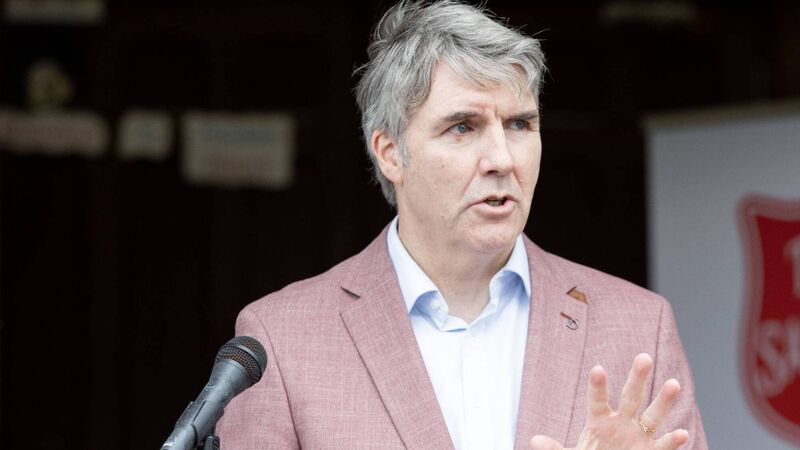Funding for children's special care arrangements not in keeping with their rights, says Ombudsman

Ombudsman for Children, Dr Niall Muldoon, said he has 'serious concerns' about a lack of multi-annual funding in key areas for children such as disability and mental health. Picture: Gareth Chaney
The use of public funds to provide special care arrangements for children in care or asylum seeker accommodation is not in keeping with basic children’s rights, according to the Ombudsman for Children.
Niall Muldoon has written to the Minister for Finance Jack Chambers and the Minister for Public Expenditure and Reform, Paschal Donohoe, to urge both ministers to prioritise children in “a meaningful way” in the 2025 budget being unveiled next week.













